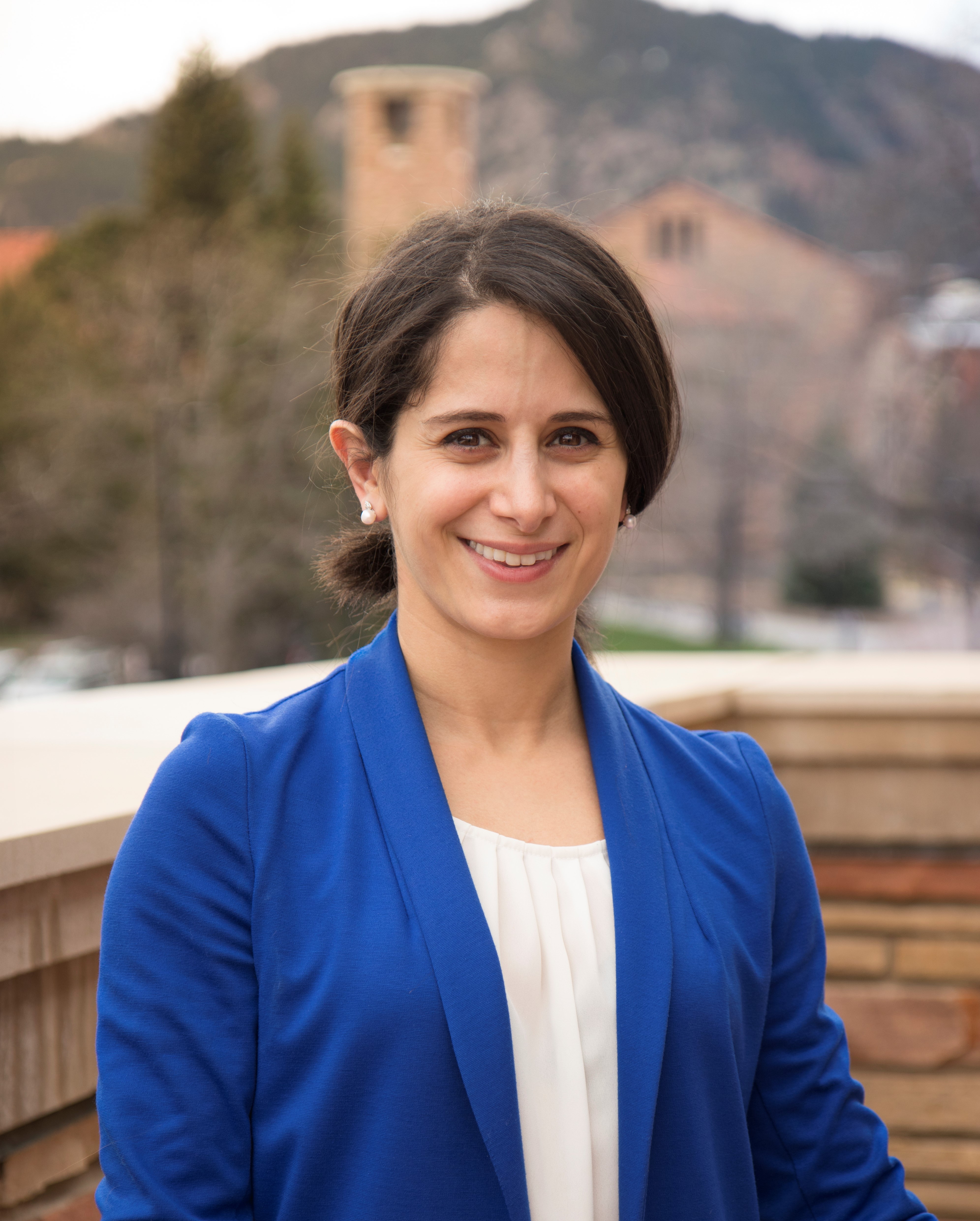Diba Mani, Ph.D. |
April
2, 2024
The manuscript provides an overview of sex-based differences in individual sports performance that arise at the onset of puberty, primarily because of the hormone testosterone. The authors consider perspectives related to transgender athletes, including facets of medical transition and hormone therapies, and conclude that there is demand for broadened research related to the implications of testosterone on sports performance among cis- and trans-gender individuals. Confused about the terminology? This Perspectives for Progress provides a table of terminologies and their definitions (adapted from the Endocrine Society Guidelines, 2017). The inclusion of Table 1 makes the paper a fair starting place on the topic of sex differences in the context of physiology and motor performance.
In addition to recognizing that the taxonomy of these topics may not be known or consistent among readers, the authors provide a short overview on the history of policies regulating sex verification in elite sports, cumulating with the International Olympic Committee (IOC)’s most recent recommendations (2021), which are broad and defer regulatory power to the governing bodies of individual sports. No doubt, the policies that are adopted within individual sports may vary and will likely be interpreted differently, which is something I consider as a university educator who may come across a paper like this in my classroom.
The incorporation of journal club questions can help guide conversations in classrooms, no matter the format in which they are conducted, if at all. Often, they can help guide discussion on a piece of literature as relevant to the basic science the course is likely focused on (e.g., applied human physiology or exercise science). Guiding the thought process through questions like those that can be provided through a journal club is a reasonable solution to not imposing personal beliefs and letting the science direct the conversation, whether internally or aloud. Perhaps needless to state, it is important to provide students with the option to keep their perspectives private (a.k.a., not mandate they share their opinions). Beyond journal club questions, ESSR provides other free supplemental material for certain manuscripts, such as video abstracts and visual abstracts. This year’s honored paper does include journal club questions, which educators can download from the ESSR page to integrate into their classrooms. Integrating research articles, especially review papers, is an excellent mode to teach students curriculum content while developing their professional research skills.
Again, a big congratulations to the authors for the selection of their article as the ESSR 2023 Paper of the Year! ESSR’s paper of the year will be honored at ACSM’s Annual Meeting held May 28-31, 2024 in Boston, Massachusetts, USA in a session on May 31, 2024 3:45-5:45 PM local time welcoming the organization’s journals and authors of each journal’s featured paper.
 Diba Mani, Ph.D., is an Instructional Associate Professor in the Department of Applied Physiology & Kinesiology at the University of Florida. She serves as the Digital Editor for Exercise and Sport Sciences Reviews. She earned her degrees under the mentorship of Dr. Roger Enoka in the Neurophysiology of Movement Laboratory at the University of Colorado. Her doctoral dissertation focused on evaluating the effects of electrical nerve stimulation on motor unit discharge properties and mobility in young and older adults. Dr. Mani most enjoys the human component of any work she is engaging in, be it research in the field of geriatrics or teaching college students in the classroom. Dr. Mani is an international judo referee and coach, and a regular vinyasa yoga practitioner. She is passionate about internationalization in the STEM courses, as implemented through experiences such as virtual exchange and study abroad.
Diba Mani, Ph.D., is an Instructional Associate Professor in the Department of Applied Physiology & Kinesiology at the University of Florida. She serves as the Digital Editor for Exercise and Sport Sciences Reviews. She earned her degrees under the mentorship of Dr. Roger Enoka in the Neurophysiology of Movement Laboratory at the University of Colorado. Her doctoral dissertation focused on evaluating the effects of electrical nerve stimulation on motor unit discharge properties and mobility in young and older adults. Dr. Mani most enjoys the human component of any work she is engaging in, be it research in the field of geriatrics or teaching college students in the classroom. Dr. Mani is an international judo referee and coach, and a regular vinyasa yoga practitioner. She is passionate about internationalization in the STEM courses, as implemented through experiences such as virtual exchange and study abroad.